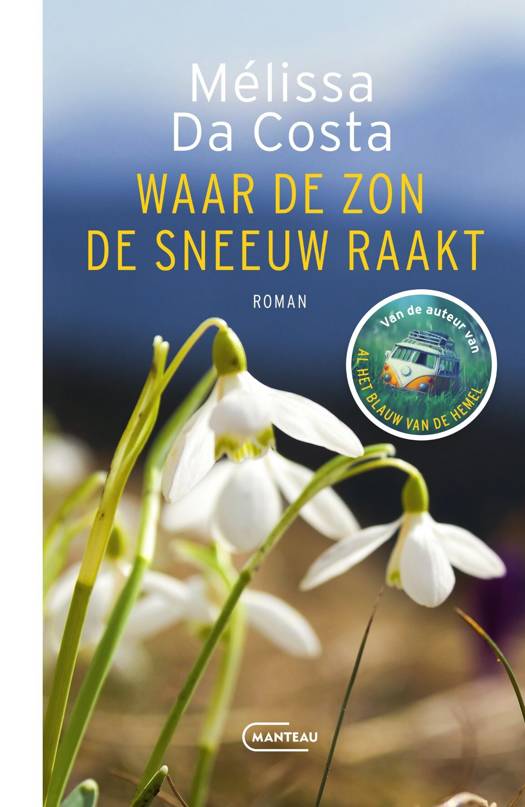
- Afhalen na 1 uur in een winkel met voorraad
- Gratis thuislevering in België vanaf € 30
- Ruim aanbod met 7 miljoen producten
- Afhalen na 1 uur in een winkel met voorraad
- Gratis thuislevering in België vanaf € 30
- Ruim aanbod met 7 miljoen producten
Zoeken
Archaeology and Memory
Hardcover | Engels
€ 92,45
+ 184 punten
Omschrijving
Memory can be both a horrifying trauma and an empowering resource. From the Ancient Greeks to Nietzsche and Derrida, the dilemma about the relationship between history and memory has filled many pages, with one important question singled out: is the writing of history to memory a remedy or a poison? Recently, a growing interest in and preoccupation with the issue of memory, remembering and forgetting has resulted in a proliferation of published works, in various disciplines, that have memory as their focus. This trend, to which the present volume contributes, has started to occupy the dominant discourses of disciplines such as sociology, philosophy, history, anthropology and archaeology, and has also disseminated into the wider public discourse of society and culture today. Such a condition may perhaps echo the phenomenon of a melancholic experience at the turn of the millennium. Archaeology and Memory seeks to examine the diversity of mnemonic systems and their significance in different past contexts as well as the epistemological and ontological importance of archaeological practice and narratives in constituting the human historical condition. The twelve substantial contributions in this volume cover a diverse set of regional examples and focus on a range of prehistoric and classical case studies in Eurasian regional contexts as well as on the predicaments of memory in examples of the archaeologies of 'contemporary past'. From the Mesolithic and Neolithic burial chambers to the trenches of World War I and the role of materiality in international criminal courts, a number of contributors examine how people in the past have thought about their own pasts, while others reflect on our own present-day sensibilities in dealing with the material testimonies of recent history. Both kinds of papers offer wider theoretical reflections on materiality, archaeological methodologies and the ethical responsibilities of archaeological narration about the past.
Specificaties
Betrokkenen
- Uitgeverij:
Inhoud
- Aantal bladzijden:
- 210
- Taal:
- Engels
Eigenschappen
- Productcode (EAN):
- 9781842173633
- Verschijningsdatum:
- 30/04/2010
- Uitvoering:
- Hardcover
- Formaat:
- Genaaid
- Afmetingen:
- 193 mm x 246 mm
- Gewicht:
- 793 g

Alleen bij Standaard Boekhandel
+ 184 punten op je klantenkaart van Standaard Boekhandel
Beoordelingen
We publiceren alleen reviews die voldoen aan de voorwaarden voor reviews. Bekijk onze voorwaarden voor reviews.










